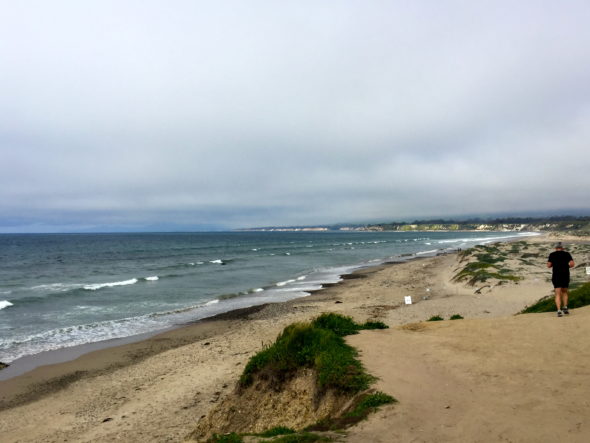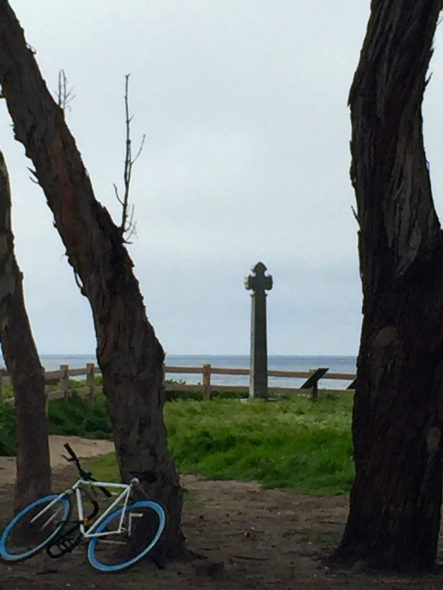John 13:21-32
After saying this Jesus was troubled in spirit, and declared, “Very truly, I tell you, one of you will betray me.” The disciples looked at one another, uncertain of whom he was speaking. One of his disciples—the one whom Jesus loved—was reclining next to him; Simon Peter therefore motioned to him to ask Jesus of whom he was speaking. So while reclining next to Jesus, he asked him, “Lord, who is it?” Jesus answered, “It is the one to whom I give this piece of bread when I have dipped it in the dish.” So when he had dipped the piece of bread, he gave it to Judas son of Simon Iscariot. After he received the piece of bread, Satan entered into him. Jesus said to him, “Do quickly what you are going to do.” Now no one at the table knew why he said this to him. Some thought that, because Judas had the common purse, Jesus was telling him, “Buy what we need for the festival”; or, that he should give something to the poor. So, after receiving the piece of bread, he immediately went out. And it was night.
When he had gone out, Jesus said, “Now the Son of Man has been glorified, and God has been glorified in him. If God has been glorified in him, God will also glorify him in himself and will glorify him at once.
The lectionary this year is choosing John as the narrator for the events of Holy Week. I love John, I’ve studied John, yet I remain mystified at points along the way. This story is one of those points. I sorta get the first part — Jesus is feeling the weight of what is to come and feeling it even more strongly because of the betrayal of one of his own. Simon makes eyes at John as if to say, “Get him to tell you more. Who is this betrayer?”
What gets to me in this narrative is the fact that Jesus gave him the answer. At least as we read it here, it could not have been more clear: the guy who gets this soaked piece of bread, he’s the one. And yet. . . no one gets it.
Sometimes we can’t handle the truth. Judas was one of the gang, the one who handled all their money, no less. Surely, Jesus got it wrong. He’s just going out to purchase supplies, right?
No, not right. Dead wrong, in fact. And with Judas’s departure, Jesus turns completely mystical and utters some of those words that John alone gives him, words that go around in circles. But words that usually have something to do with glory. That’s one of the things that I love about this gospel. John has had time to digest all of the events he has witnessed. He has read the other gospels. He has worked to build the church for decades and now, he wants to write it all down. But it doesn’t come out like the other three, does it? It is a theological reflection on the story of Jesus and it is filled with mystery and wonder. Only John uses the imagery connected to ‘glory’ to help us understand who Jesus is and what it is Jesus is doing.
There is so much more going on than we can see. So much.
Lord of Glory, give us eyes to see. Help us to hear the echoes of heaven in every word you utter over these last days of the journey. Help us to see and to hear through the lens of glory, to know that what you did was intentional, generous, inclusive and altogether wonderful. Thank you for choosing to move through your fear and disappointment, for choosing to show us that suffering can be redemptive, transformative. For willingly laying down your life to say, “Enough! Sin and death do not win.” Thank you.

































